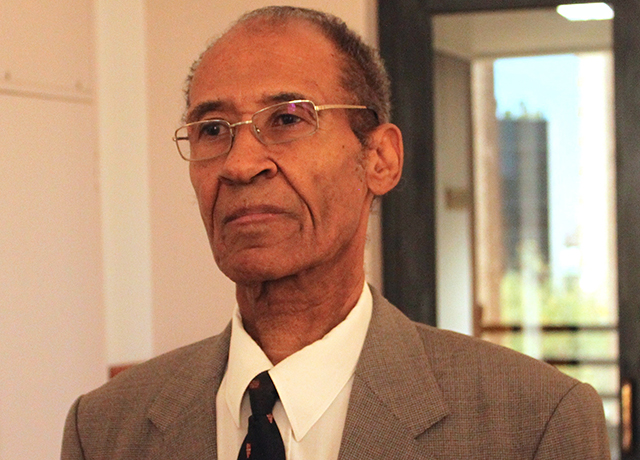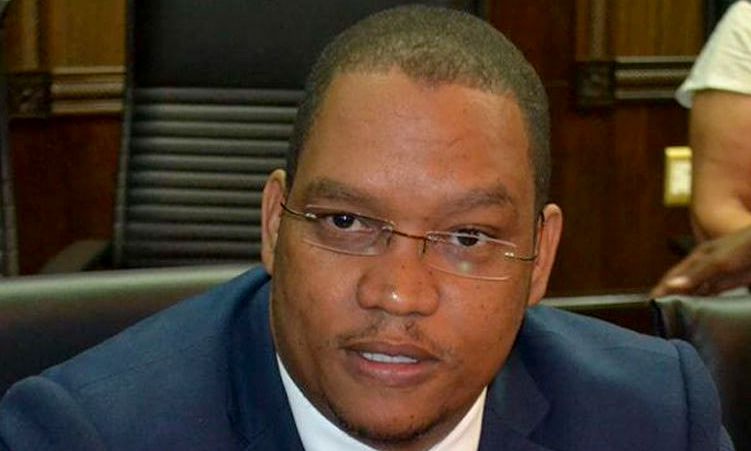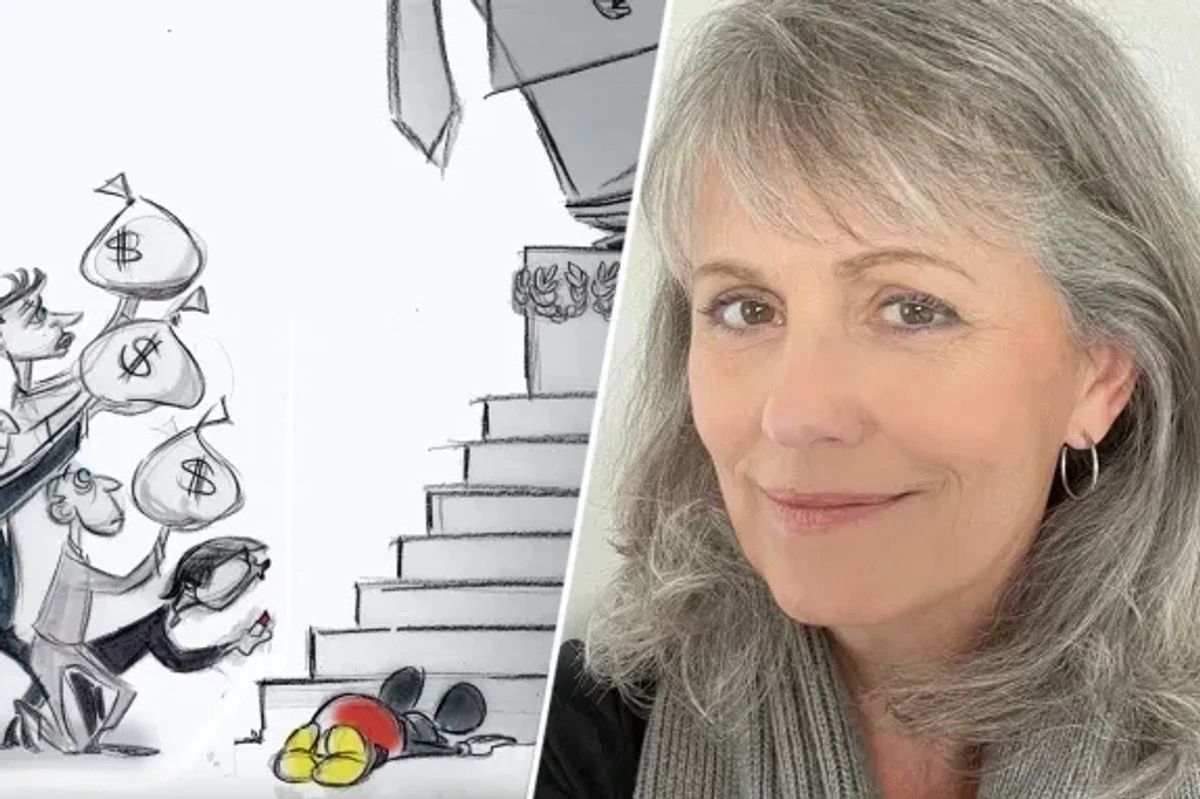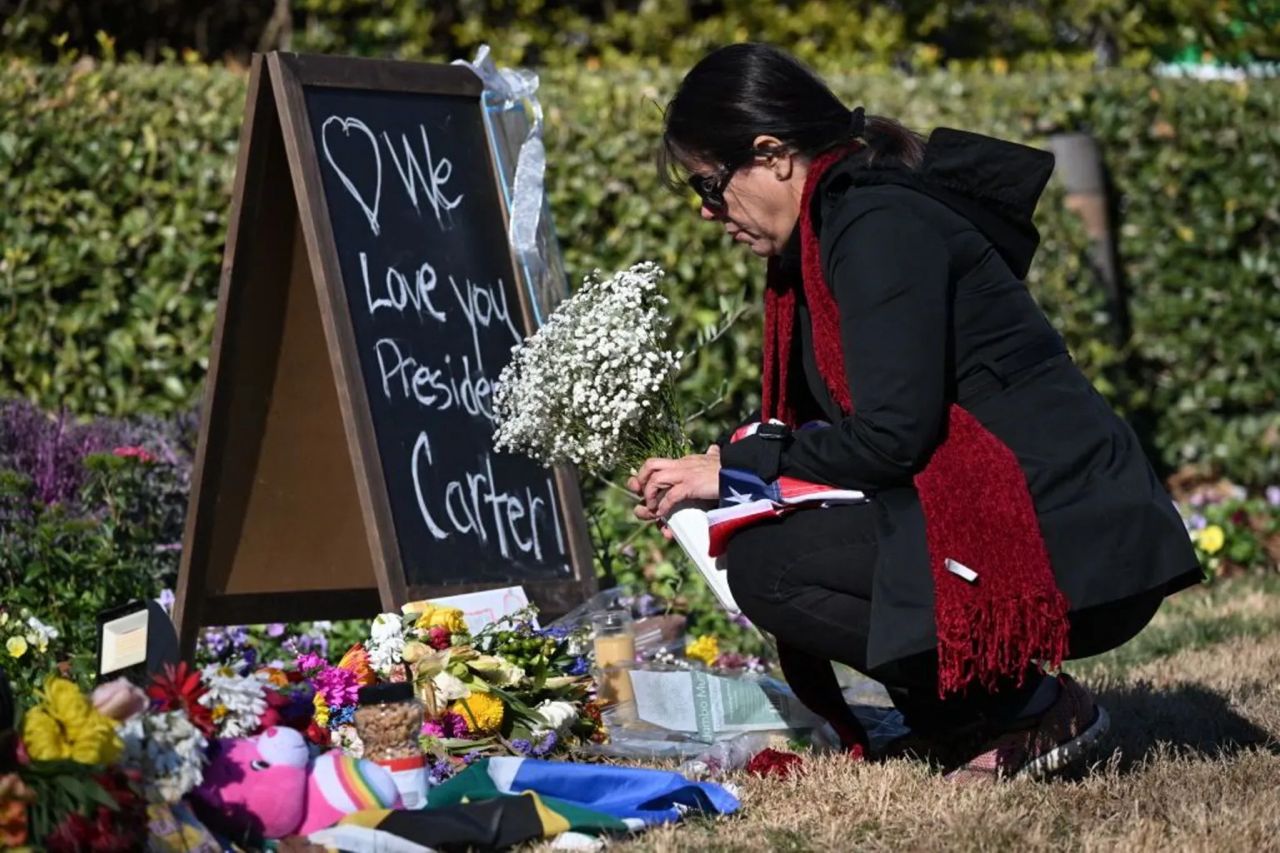FORMER Supreme Court judge Pio Teek, whose December 2010 acquittal on charges of kidnapping and child molestation was confirmed by the Supreme Court yesterday, says he plans to sue the state over his prosecution in the High Court.
“Justice has been done on earth, as it is in heaven, at last,” Teek said after hearing that three judges of the Supreme Court have dismissed an appeal by the state against his acquittal. “Justice prevailed, as it is in heaven, at last. I’m a free man,” he added.
Teek (71) said he planned to institute legal action “as soon as possible” against the state over the charges on which he was arrested nearly 14 years ago, and the prosecution that followed .
“I have been suffering for more than 13 years that I have been on the cross, crucified upside down,” he said outside the courtroom where he had heard acting judge of appeal Bess Nkabinde deliver the judgement in which three appeal judges put a final nail in the coffin of the state’s case against him.
Teek was an appeal judge in the Supreme Court when, on 31 January 2005, he was arrested on charges stemming from allegations that he had picked up two girls, aged nine and 10 respectively, in Katutura in Windhoek on the evening of 28 January 2005; taken them to his house in the Brakwater area north of Windhoek; given the girls drinks containing alcohol; had sexually molested them; and had raped the one girl by putting a finger into her private parts.
Having been suspended from his judicial post following his arrest, Teek retired as a judge in October 2005, at the age of 58.
His trial started in the Windhoek High Court in April 2006, when he denied guilt on eight charges, including two counts of rape, two charges of abduction, alternatively kidnapping, and two counts of committing an indecent act with a child under the age of 16, alternatively indecent assault.
Teek informed the court in a plea explanation that he picked the two girls up because he had found them in the street looking dirty and hungry, and that he then took them to his house to give them food. At his house, he said, he fell asleep due to the effect of medication he had taken, and the next morning he took the girls back to Katutura.
South African judge Ronnie Bosielo, who presided over Teek’s trial, found him not guilty on all charges in July 2006, after the prosecution closed its case in the trial. After the state appealed to the Supreme Court against that decision, three judges from South Africa’s Supreme Court of Appeal overturned judge Bosielo’s decision in April 2009, and directed that Teek should continue to stand trial on six of the eight charges he had been facing.
Teek opted not to testify in his own defence, and the case in his defence was closed without any additional evidence having been presented to the court when the trial resumed before judge Bosielo. The judge again acquitted Teek on all charges when he delivered his final verdict in December 2010.
The state was eventually given leave to appeal to the Supreme Court against judge Bosielo’s decision in February last year.
Acting judges of appeal Nkabinde and Yvonne Mokgoro, who are both former judges of South Africa’s Constitutional Court, and Maruping Dibotelo, who is a former chief justice of Botswana, heard oral arguments on the appeal at the start of October this year. In the judgement delivered yesterday, the three judges were unanimous that the state’s appeal had to be dismissed, while they confirmed Teek’s acquittal in the High Court.
Judge Nkabinde, who wrote the appeal judgement, criticised the police’s investigation of the case, commenting that the police tailored their investigation; officers involved in the matter were selective in their investigation; and some standards regarding forensic investigations had not been followed, with the result that no DNA evidence that could have corroborated the allegations of sexual molestation had been found.
Judge Nkabinde said she agreed with judge Bosielo’s assessment of the prosecution’s evidence having been marred by “serious contradictions”, and that it would be risky to accept such evidence in the absence of independent corroboration.
She said: “The dangers inherent in relying on the uncorroborated evidence especially of young children should not be underestimated. This is so because of the imaginativeness and suggestibility of children. In this case, one cannot discount such factors on the complainants’ part.”
Judge Nkabinde also said judge Bosielo approached the two girls’ testimony cautiously and correctly, and that his reasoning regarding contradictory evidence could not be faulted.
“In my view, the allegations of unlawful sexual acts or indecent acts or indecent assault and the unlawful supply of alcohol against [Teek] are devoid of any semblance of the truth,” the judge concluded.
Teek opposed the state’s appeal without legal representation. Deputy prosecutor general Innocentia Nyoni represented the state.
Stay informed with The Namibian – your source for credible journalism. Get in-depth reporting and opinions for
only N$85 a month. Invest in journalism, invest in democracy –
Subscribe Now!








